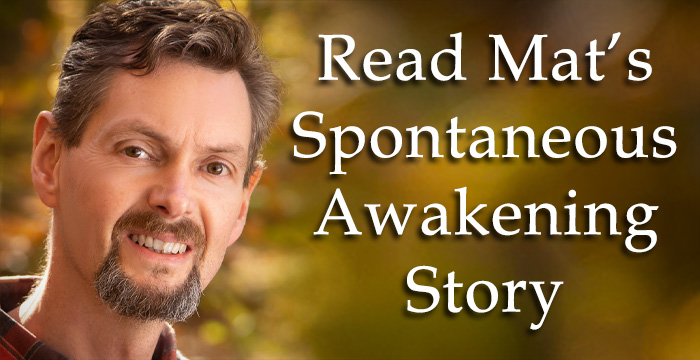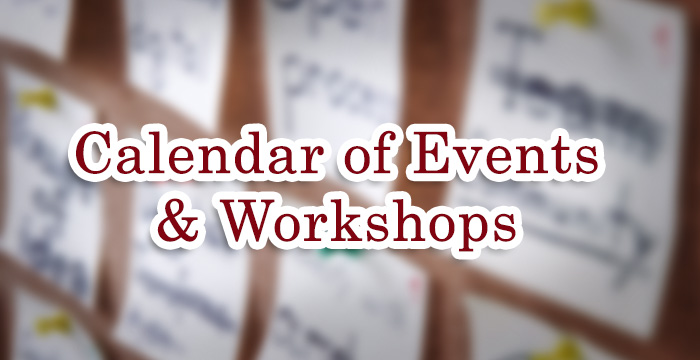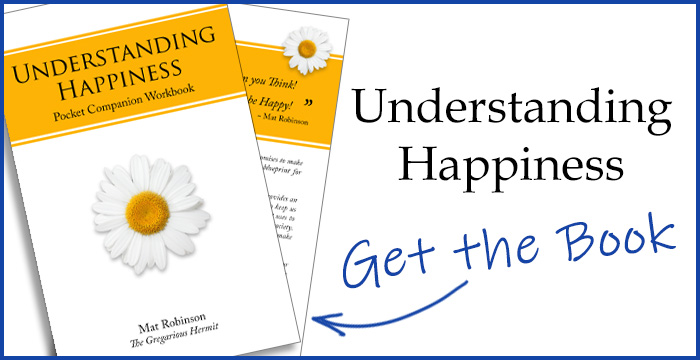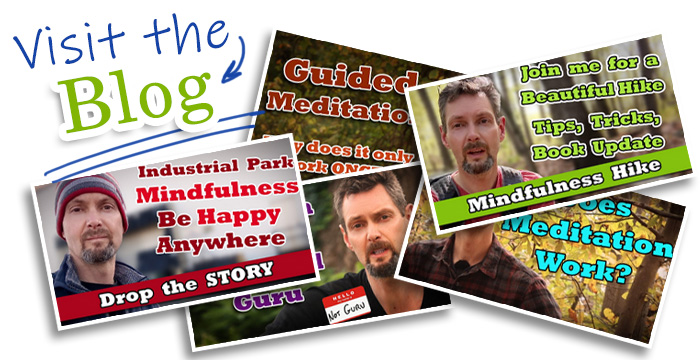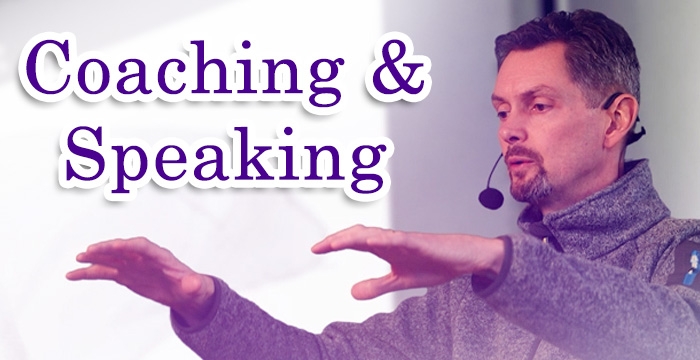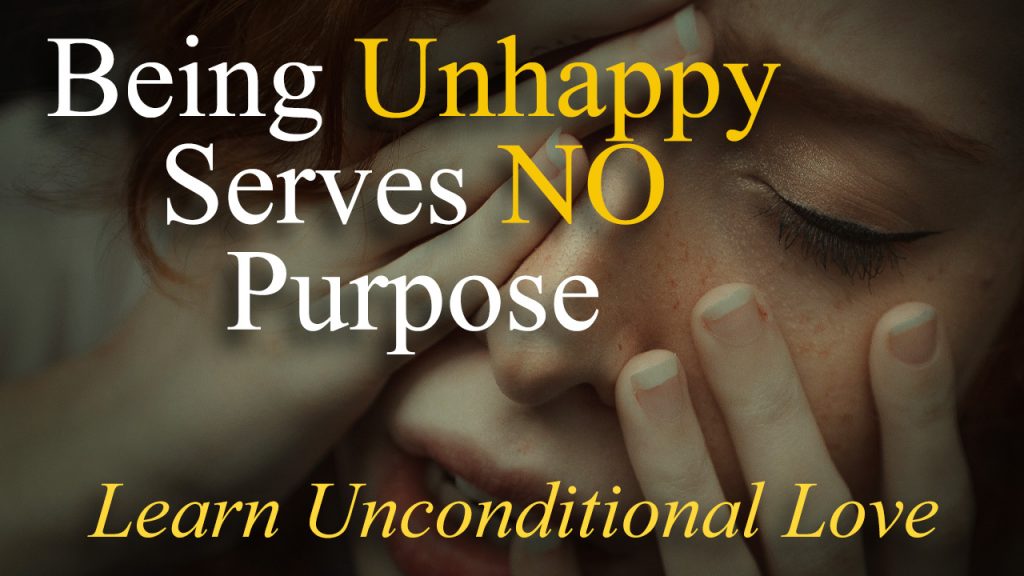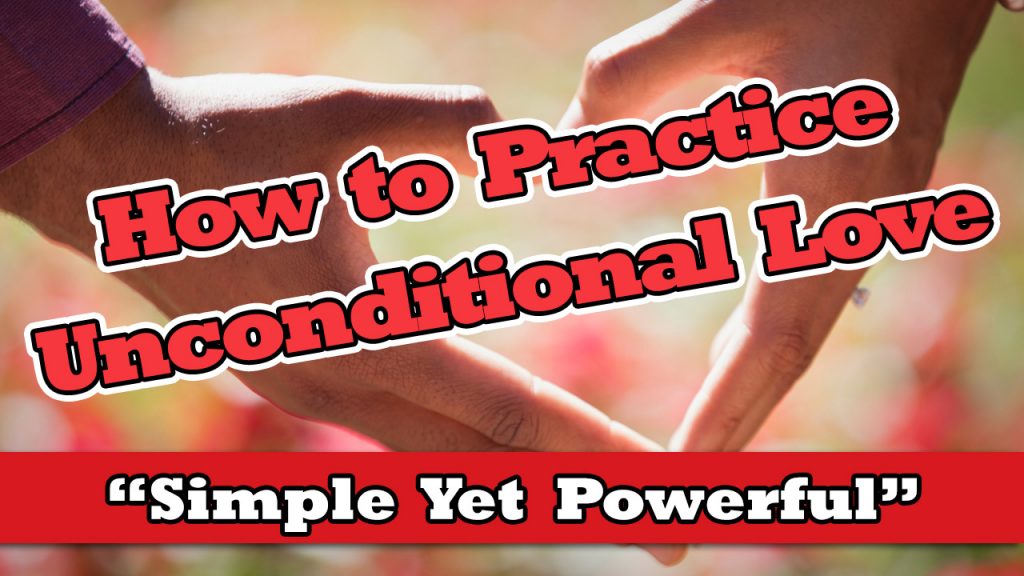In this article we’ll explore whether you should remain in an abusive relationship so you can learn forgiveness, gratitude or acceptance. This is a big topic and a roller coaster ride of emotions, but I really hope this helps those currently suffering from abuse and helps them make a decision that benefits their health and well-being as well as their safety.
This information is applicable to both men and women. So read on for an interesting discussion.
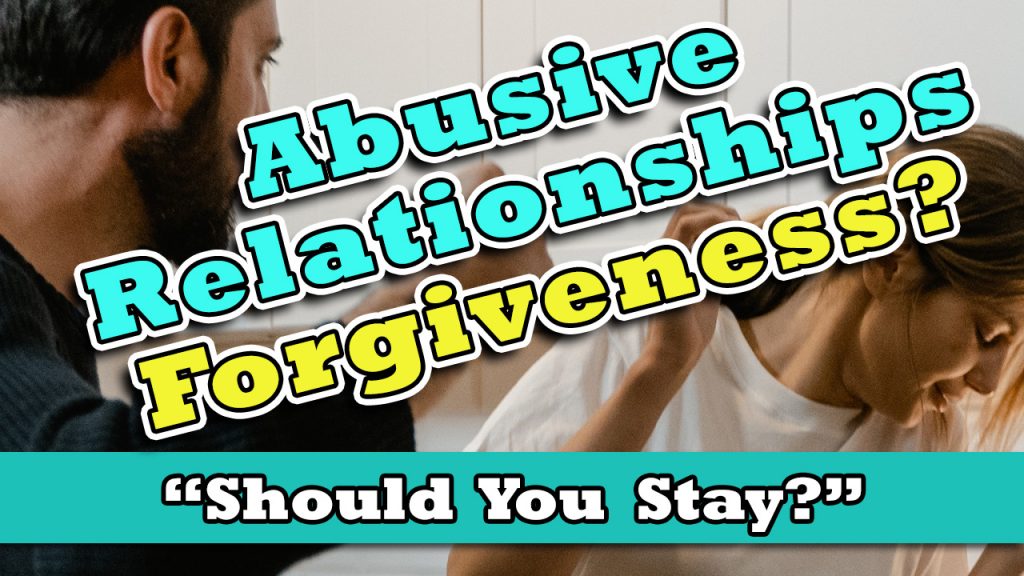
- Should you stay in an abusive relationship to learn forgiveness?
- Different types of abusive relationships
- Relationship dynamics are difficult and complex
- How do gratitude, forgiveness and acceptance work?
- But should you stay in an abusive relationship to learn these skills?
- Something more powerful than forgiveness
- Summary – should you stay in an abusive relationship to learn forgiveness
- Hey – Thanks for Reading

Should you stay in an abusive relationship to learn forgiveness?
I was talking to a friend recently. She’s miserable and in a relationship that is forever on again, off again. There are break-ups and then make-ups. When they’re together, the relationship is amazing. Life couldn’t get any better. Or at least until the complacency sets in and the abuse starts. Then they break up and the anger, bitterness and resentment arises. Until the loneliness and the financial hardship starts to become more prominent. And then the relationship is back on again in a never ending loop of negative and positive emotions.
Sound familiar? You’re not alone.
Anyone in this type of relationship will relate to the ups and the downs. The elation and depression. The love and the hate. But no matter how hard the struggle, the relationship always seems to come back together.

Different types of abusive relationships
When we look at relationships in general, they’re never smooth sailing. Even the best of couples will disagree on some thing or other. Even simple stuff like the way you wash the dishes or the way you park the car are all preferences we developed through our unique upbringing. It’s unlikely that we agree on every aspect of life and it’s unlikely that we have the same level of skill.
In a good relationship, the differences allow us to help each other. We support each other and compliment each other. This helps us overcome the difficulties life throws at us because we’re working as a team. When something bad happens, we feel sympathy for the other person and we comfort them.
In an abusive relationship, when those difficulties pop up, we tend to blame the other person and criticize the things they do differently. Instead of supporting them, we use their position to gain the upper hand and feel superior. The abuse reveals itself as verbal commentary like, “why would you do that, what’s wrong with you. If I’d been driving, that wouldn’t have happened”.
In some cases, the abuse becomes physical in nature. Being bigger, stronger and more physical is a primitive advantage that makes people feel superior. Unfortunately once you’ve learned that yelling at someone or hitting them can win an argument, then you’re more likely to use that over and over again. It becomes a learned and pre-programmed behavior that you may end up using without any thought. It becomes your default.

So if being bigger and physically abusive helps you feel superior and wins heated discussions, then someone with a superior intellect will use psychological abuse to control and dominate their partner. I think this type of abuse is more difficult to reconcile because the person is usually attacking the aspects of your life that you may even struggle with yourself. And they will often do it in subtle ways that mean that you are essentially abusing yourself.
If you’re a little overweight and you’re already self conscious about it and maybe trying to lose weight, then someone telling you, “I wouldn’t eat that if I were you”, can make you feel awful inside for hours while you mull over their hurtful comments. Flip flopping between being angry at your partner for saying it and maybe criticizing yourself.
Psychological abuse is spoken in a flash by the abuser, but lasts for a long time, bouncing around in the head of the abused.

Relationship dynamics are difficult and complex
Relationships of any kind, abusive or loving, put check marks in many boxes on our list of wants and desires. They meet many of our basic needs as humans.
An end to loneliness. Financial security. Someone to bounce ideas off. It validates that you’re “wanted” and attractive to someone else. Someone to share chores, shopping. Someone to share worries and the burdens of life. Somebody that will take care of you when you need help. Someone to support you and encourage you when you have self doubts. Passion. Romantic dinners. Sex. Social status.
That’s an awful lot of support when you go from being single to having a partner. Life can be so much easier working together as a team to divide everything and tackle the world together.
So it’s easy to see why leaving a relationship, no matter how abusive, becomes difficult. After all, it’s not “always” abusive is it? Maybe a little bit of abuse is worth having all those check boxes filled?
And this is the reason why abusive relationships seem so hard to escape. When you’re with them, there’s abuse, but hopefully some of that other good stuff too. But then when you separate, you have all of those other burdens back on your shoulders. You have to do everything yourself. This push and pull cycle can repeat many times.
Usually until you meet someone who is better for you. That’s when the cycle ends.

How do gratitude, forgiveness and acceptance work?
Gratitude, forgiveness and acceptance are all powerful tools to help you navigate life. The attitude of gratitude has become very popular these days as a way to turn lemons into lemonade. You’re actively changing your mood and outlook in a positive and healthy way.
“I’m so grateful I missed my plane because I had time for a relaxing cup of coffee at the airport”, changes your emotional state from negative to positive, along with all the physiological health benefits associated with happy hormones being released.
It’s the same with acceptance. Accepting that you’re in a situation you cannot change brings about peace because it stops you worrying. It stops the struggle in your mind as it tries to find a solution. This is great for things like, accepting that it’s raining on your wedding day and you can’t do anything about it. Or accepting that the restaurant you had your heart set on is closed. Stops you from getting annoyed and allows you to look for another restaurant without grumbling.

And forgiveness, the one we’re writing this article about, is also a wonderful human characteristic. It stops you from reacting and looking for revenge. It makes you a nice person right? Giving someone a second chance allows them to change their behavior and prevents you from diving headlong into a negative space that only does you harm.
I often encourage people to learn these skills and apply them to life. Gratitude, forgiveness and acceptance do temper your emotional reactions and prevent a lot of unnecessary negative emotions from arising within you. So yes, they are good tools and they definitely have their place.

But should you stay in an abusive relationship to learn these skills?
Forgiving someone for abusing you, breaks you free from the burden of negative thoughts. It removes anger and revenge. It can also de-escalate a situation from getting worse, but it does not guarantee that there won’t be any more abuse in the future.
You can forgive someone repeatedly and still get abused. You can master forgiveness and still be abused.
Feelings of forgiveness are not going to change the other person. The only person you change with forgiveness is yourself. Just remember that.
A better way to learn forgiveness, is to remove yourself from the abusive relationship and practice forgiveness in safety. That’s much healthier, because it will allow you to heal and move on instead of having self doubts that you made the right decision or even feeling guilty because you caused the other person pain by leaving.
Think about this, if a bear was attacking you, you can forgive the bear as much as you want, but you would still try to escape so you didn’t get eaten?
And if you managed to escape and forgave the bear, would you keep walking back over to it to see if it had stopped viewing you as a snack?
The thing to remember is that forgiveness, acceptance and gratitude, change “you” from the inside, but they do not preclude taking action. If I accept that life gave me lemons, I need to take action to make lemonade otherwise I just have a pile of lemons.
If I’m grateful I missed my plane so I had the opportunity to experience something else, then I still need to take action to book the next plane.
And if I forgive someone for abusing me, it doesn’t stop me from taking action to prevent myself from being abused again.

Something more powerful than forgiveness
If you want to learn more about what forgiveness, acceptance and gratitude try to stimulate, then look at these articles on Unconditional Love. It’s the superpower that these 3 actions try to create.
But you can take the shortcut and jump right into Unconditional Love. It’s incredibly simple, easy to learn and yet powerful. It will silence your mind, supercharge your health and well-being, and completely change your outlook on life.
But once again, practicing unconditional love changes “you” from the inside, but it does not mean you should stay in an abusive relationship. Practicing unconditional love is not the same as “no action”, denial or defeat. It is strong and powerful and allows you to stay in control and make sound decisions.

Summary – should you stay in an abusive relationship to learn forgiveness
Abusive relationships are complicated.
Whether you decide to stay in the relationship or not has many factors to consider. Is the abuse minor or major, long term or temporary, life threatening or annoying. Those are the questions you need to answer.
But just understand that each time your partner abuses you without feeling any remorse on their part, it will reinforce their actions and they’re more likely to do it again. If they show signs of an inner struggle and an honest attempt to change themselves, then maybe there’s a chance.
But nobody should ever accept abuse as a norm in their life.
Be safe and I hope this helps you navigate the difficulties of your relationship.
Sending all of you love and peace.
Mat Robinson
The Gregarious Hermit
#Forgiveness #Acceptance #Gratitude #UnconditionalLove #Happiness #AbusiveRelationship #Abuse

Hey – Thanks for Reading
Since Mat’s spontaneous spiritual awakening in 2014, he has made it his mission to help people find true happiness and inner-peace by showing them how their mind makes them unhappy. He also guides people who are on a more adventurous journey towards enlightenment. If you have questions or need help, reach out to Mat directly.
If you enjoyed this article, then check out his new book, “Understanding Happiness ~ Pocket Companion Workbook” available on Amazon for just $7.99. This book was meant to help Mat clarify his thoughts but has now taken on a life of its own.
Don’t defer your happiness to the future when you get a faster car, a bigger house, better job or a perfect partner……be happy now instead.
